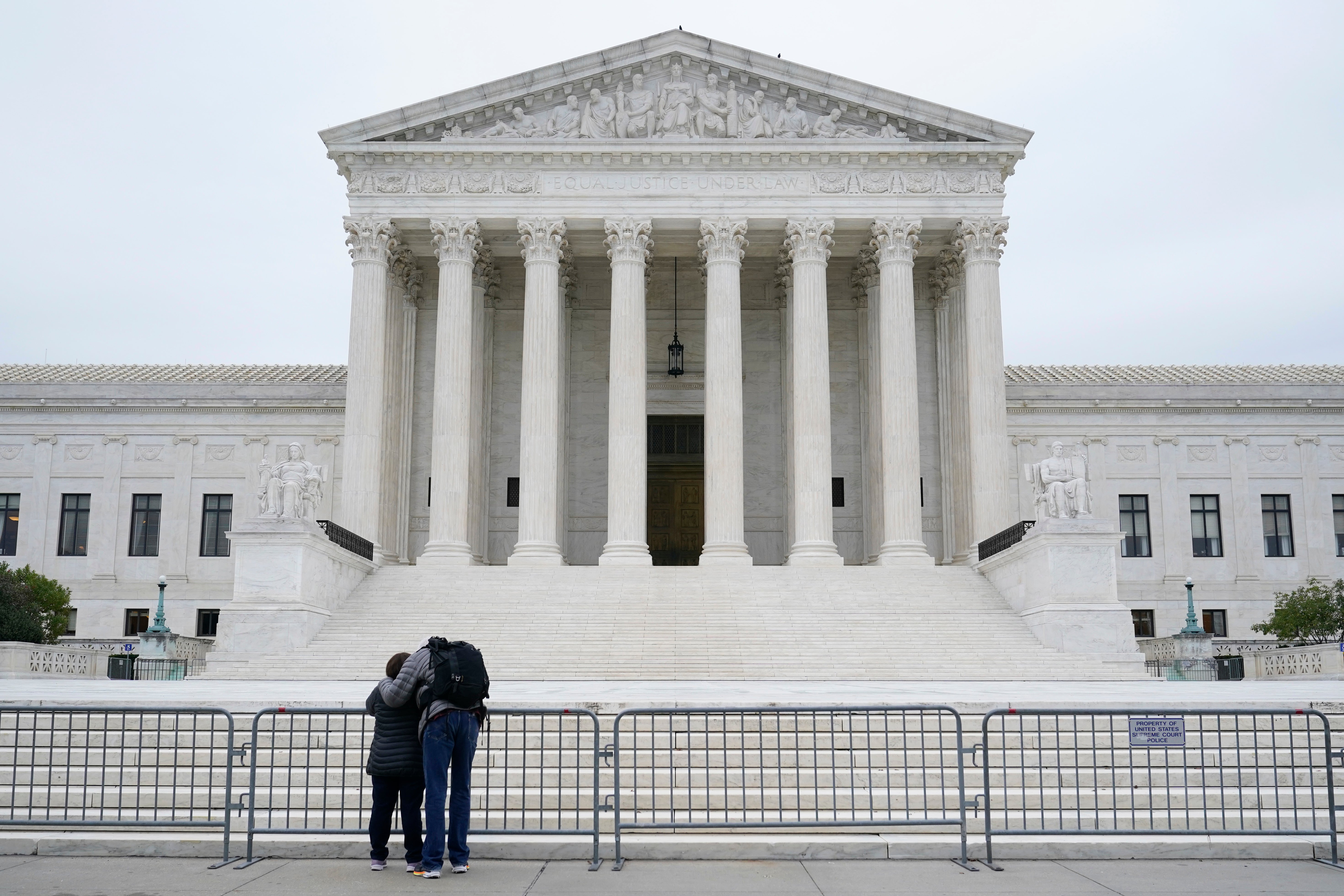High court rejects appeal from Florida death row inmate
The Supreme Court has rejected an appeal from a Florida death row inmate whose conviction was based in part on the testimony of a controversial jailhouse informant

Your support helps us to tell the story
From reproductive rights to climate change to Big Tech, The Independent is on the ground when the story is developing. Whether it's investigating the financials of Elon Musk's pro-Trump PAC or producing our latest documentary, 'The A Word', which shines a light on the American women fighting for reproductive rights, we know how important it is to parse out the facts from the messaging.
At such a critical moment in US history, we need reporters on the ground. Your donation allows us to keep sending journalists to speak to both sides of the story.
The Independent is trusted by Americans across the entire political spectrum. And unlike many other quality news outlets, we choose not to lock Americans out of our reporting and analysis with paywalls. We believe quality journalism should be available to everyone, paid for by those who can afford it.
Your support makes all the difference.The Supreme Court has rejected an appeal from a Florida death row inmate whose conviction was based in part on the testimony of a controversial jailhouse informant.
The justices did not comment Monday in refusing to hear the case of James Dailey, who was convicted in the killing of 14-year-old Shelly Boggio in the Tampa area in 1985.
Lawyers for Dailey say he was convicted on circumstantial evidence and the word of a jailhouse informant whose testimony has sent dozens of people to prison, including four who were sentenced to death, according to an investigation by ProPublica and The New York Times.
In addition, the other person convicted in Boggio’s killing now says he was solely responsible for her death. That man, Jack Pearcy, is serving a life sentence in prison. Only Dailey was sentenced to death, despite a lack of physical evidence tying him to the crime.